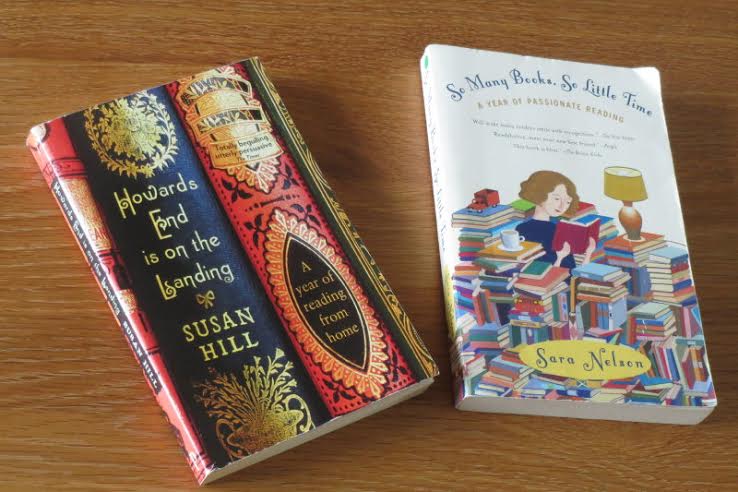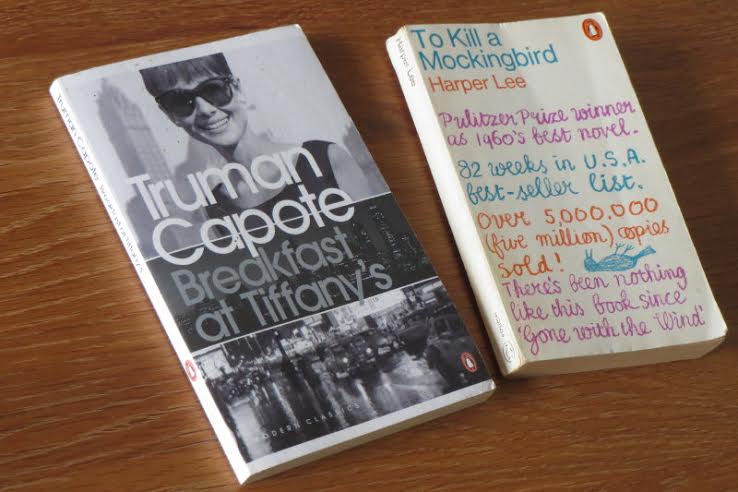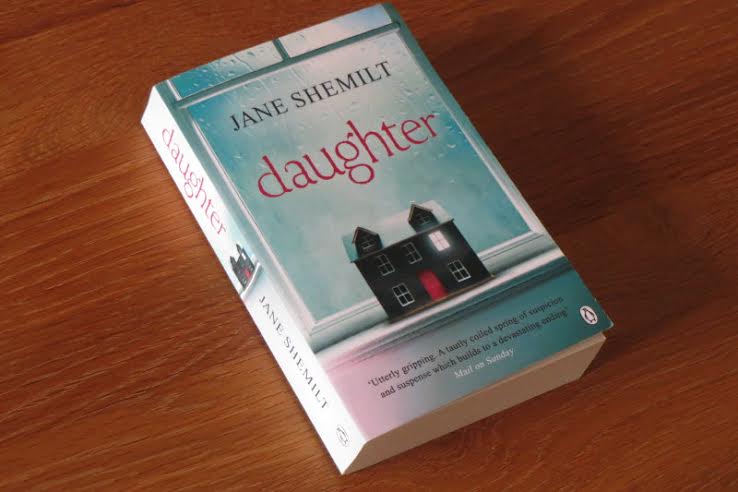When I first started out on this project, I rather naively thought I was being original. Of course I wasn’t and it has since become apparent that not only have others done the same thing, but they have also gone on to write books from the experience. So this month I’ve looked at a couple of those books. The first, Howards End is on the Landing by Susan Hill, was the result of the author’s decision not to buy books for a year but to read from her existing library. Many of the books she read turned out to be books I have already enjoyed, but I was also able to compile a long list to add to my ‘to read soon’ pile. I was bewildered by a throwaway comment disparaging Khaled Hosseni (author of The Kite Runner, A Thousand Splendid Suns and And The Mountains Echoed) but on the whole her choice of books and her commentary on them and on her life as a reader worked well for me. So Many Books, So Little Time by Sara Nelson (similar theme of focusing on a year of reading) was less interesting to me because as an American her book experiences were very different from mine. But I enjoyed her writing style and the way in which she wove comments about her life into her discussion of books and authors. I have yet to read The Year of Reading Dangerously: How Fifty Great Books Saved my Life by Andy Miller but it is definitely on my list.
I don’t know whether Breakfast at Tiffany’s by Truman Capote counts as a short novel or a long story. Either way it seems to me to be a brilliantly crafted piece of writing, with no words wasted, and perfectly located in time and place. My copy has the added benefit of including three short stories. There is an obvious connection between this and my next read To Kill a Mocking Bird by Harper Lee. The two authors were childhood friends and in fact Lee bases Dill, one of the characters in her book, on Capote. I’ve read To Kill a Mocking Bird before (who of my generation hasn’t?) but was very happy to have the opportunity to re-read when it came up as a book group choice this month. One of my top ten of all time books, it’s a beautifully written portrayal of life in the southern USA during the 1930s depression, told from the point of view of the unforgettable 8 year old Scout, and focusing on a court case in which a white lawyer (Scout’s father Atticus) defends a black man charged with rape. It is of course the 50th anniversary of the book’s publication this year and there is a new edition available for anyone who can’t get hold of one of the original copies. The only other book ever published by this author Go Set A Watchman is about to be released. One more for my list.
My next book – Daughter by Jane Shemilt – was a good read and a fast-paced one. Having once started it, I found it hard to put down. Both a family story and a crime novel, it is narrated by a GP working full time in a pressured job, while trying to be a good mother to her three teenage children, a good wife and at the same time keep her own identity and free up time to indulge her love of painting. It seems inevitable from the beginning that something will go wrong and of course it does. But this is not a predictable story; there are several twists and turns in the plot and I was kept guessing until the end.
The Rosie Project by Graeme Simsion has been on my pile for some time, having been recommended by my daughters. Another good read. Again I didn’t want to put it down, and I found myself willing the narrator (an undiagnosed Asperger’s sufferer) on to success in his endeavours. It’s funny, insightful and interesting. And yet it left me feeling a bit uncomfortable. I’m not quite sure why, but I think perhaps it’s because the view of autism it portrays is over-simplistic and too generalised. Still well worth reading though, and if you enjoyed The Curious Incident of the Dog at Night-time by Mark Haddon, I think you will enjoy this too. There is also a follow-up entitled The Rosie Effect.
© Frances Colville




